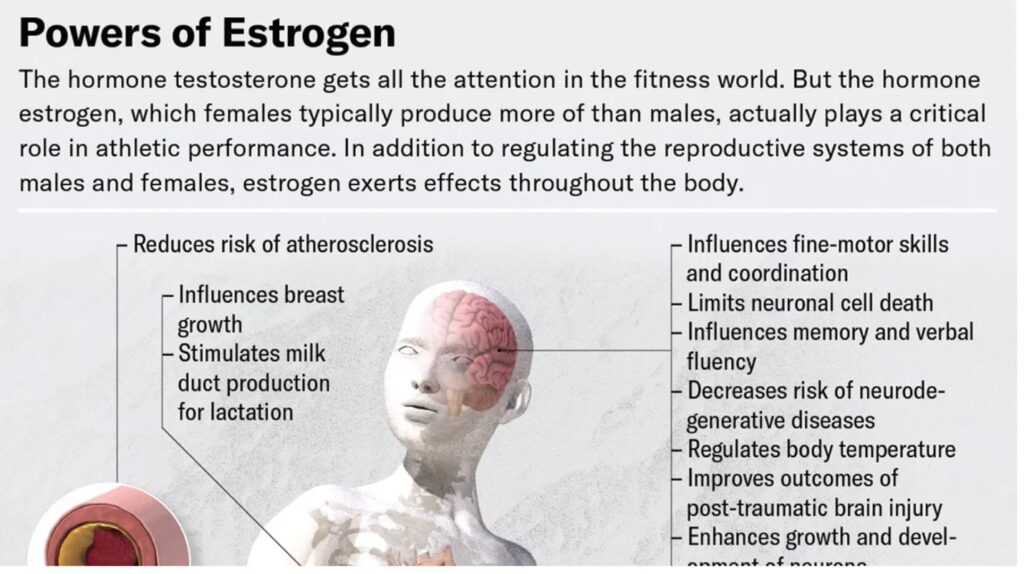On 15 April, in front of a packed house at the Heinrich Böll Foundation in Tbilisi, Ron Asmus led a public debate on his new book, A Little War that Shook the World. The evening featured the kind of discussion one would expect: the strategic interests of Russia, the US and Europe, Georgia’s path to democracy and the international mechanisms and organizations that failed to prevent the 2008 August war in South Ossetia.
I will not go into the actual details of the debate, since there was nothing people interested in the Caucasus have not heard before. Instead, I want to use it as an opportunity to illustrate how seemingly smaller-scale research can enhance public debate. Some of the CRRC’s recent projects on the August war and its aftermath, for example, might help to go beyond the usual geostrategic–political rhetoric bandied about.
On 9-10 April 2010 the CRRC, in collaboration with Saferworld, held five focus groups with participants from villages near the administrative boundary line (ABL) with South Ossetia. Focus groups (FG) are a research tool that can help to shed light on the public’s opinions on specific topics. They complement other tools like surveys, where issues and opinions are quantified, by providing insight into how those opinions come into being and the reasons people adopt them.
In the discussions that evolved around questions about community safety and citizens’ understandings of conflict, it quickly became apparent that those who are most affected by the war have a genuine interest in solving the underlying conflict. Many of the FG participants pointed out that mixed Georgian–Ossetian ties go back centuries, and their lives were drastically altered when the ABL between Georgia and South Ossetia was closed. No longer are people allowed to travel freely to see friends or family or to engage in cross-border trade. According to the participants, these severe changes increase the economic and psychological trauma brought about by the war.
It is these everyday concerns of the people most affected that the CRRC wants to reveal to the public. Debates on geostrategic issues, such as the one held by Asmus last week, are important for understanding how the war broke out. However, they generate few concrete recommendations for resolving the problems already existent in the war’s aftermath – problems which are acute for the communities in the areas surrounding South Ossetia.
By giving a voice to the people in the area, the CRRC and Saferworld hope to help refocus public discourse on the most important issue when it comes to geostrategy: making the lives of people safe and peaceful.
The report is not quite public yet, but to be notified when it becomes available, please contact Malte (malte.viefhues@crrccenters.org) or Jesse (jesse.tatum@crrccenters.org).








